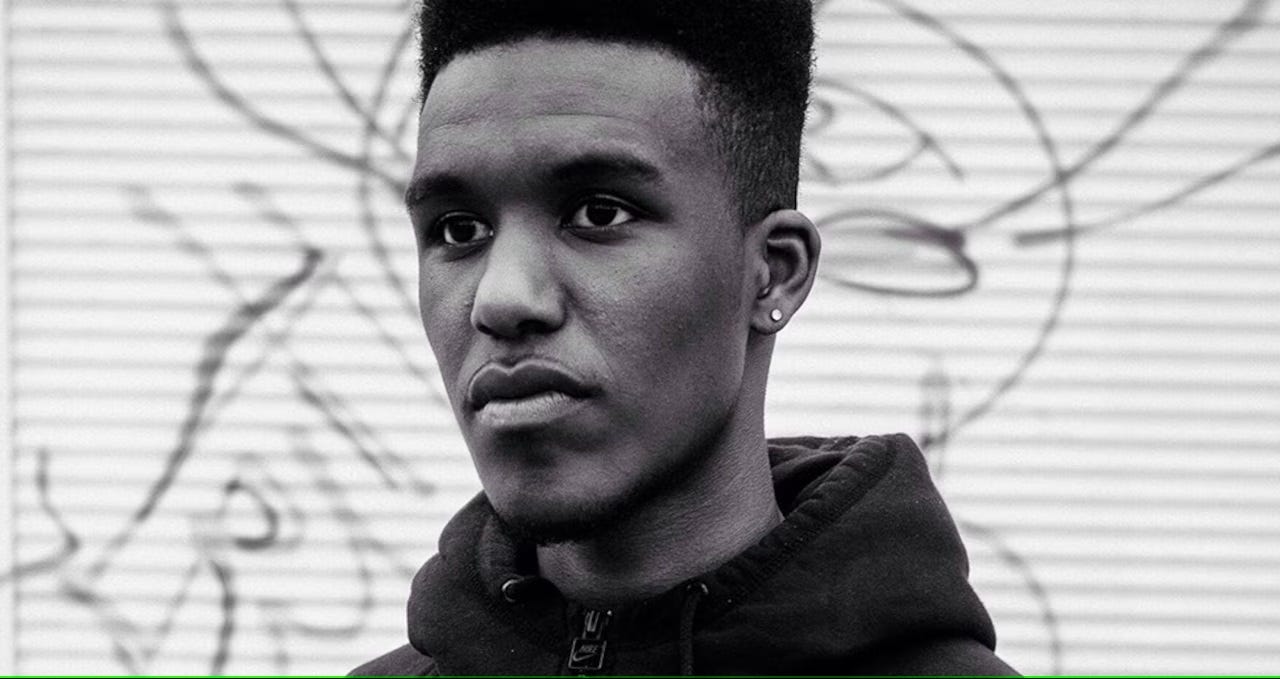Beats + Pieces Vol. 54
Dazed, Test Pressing, Various odds and ends.
Selected Works is a weekly (usually) newsletter by the Te Whanganui-a-Tara, Aotearoa (Wellington, New Zealand) based freelance music journalist, broadcaster, copywriter and sometimes DJ Martyn Pepperell, aka Yours Truly. Most weeks, Selected Works consists of a recap of what I’ve been doing lately and some of what I’ve been listening to and reading, paired with film photographs I’ve taken + some bonuses. All of that said, sometimes it takes completely different forms.
WHAT I’VE BEEN DOING:
Four times a year, I write a column for Dazed & Confused about ten interesting albums, EPs, and mixtapes from the previous three months. The Q1 2024 edition of my column is live on the site now. This time I looked at music from DJ Anderson do Paraíso, Julia Holter, Nailah Hunter and seven others from around the world.
Over the last week, I carved out some time to post a couple of new entries on Test Pressing. If you’re interested in seeing some rare live videos of the 1980s US dance-punk band Liquid Liquid performing in New York, click here. If Cyberpunk electro, tech house, and 2-step sound more like your thing, click here.
WHAT I’VE BEEN READING:
The Life and Death of Hollywood: Film and television writers face an existential threat. For Harpers Magazine, Daniel Bessner. Read here.
Office Hours: Queer Night of Performance: Hudson, New York, is known for its large queer population, yet its queer nightlife is sparse. For Resident Advisor, Kiana Mickles pays a visit to a monthly event at local restaurant Lil' Deb's Oasis that is filling the void. Read here.
New York Hip-Hop Icon DJ Mister Cee Dead at 57: The longtime Hot 97 DJ was Big Daddy Kane’s first DJ and helped break the late Notorious B.I.G. For Rolling Stone, Andre Gee. Read here.
Meet The MC: Benny the Butcher: A key member of highly respected independent label, Griselda Records, Buffalo rapper Benny the Butcher has just stepped up to the majors with his new album ‘Everybody Can’t Go’ for Def Jam. He speaks to Arielle Lana Dejarde for DJ Mag about listening to his fans and mentorship in the hip-hop scene. Read here.
Deep on the dancefloor with Marley Marl: The hip-hop pioneer talks about bridging his roots as a club DJ with his career as a record producer and his latest collaboration with Philly legend Lady Alma. For WXPN, John Morrison. Read here.
Why is Coachella headliner Doja Cat L.A.’s only female rap megastar? In the late hours of Sunday evening, Doja Cat closed out the first weekend of the 23rd Coachella Valley Music and Arts Festival in front of 100,000 rapturous fans and millions more streaming at home. On the sprawling grounds of a former desert polo field, the multiplatinum Grammy Award winner achieved another career landmark: she became the first female rapper to headline the event, a distinction that puts a capstone on her rise to become the most prominent woman rapper ever raised in Los Angeles. For The LA Times, Liz Sanchez. Read here.
WHAT I’VE BEEN LISTENING TO:
Nice percussive, twitchy, glitchy dem bow meets cumbia electronica from N.A.A.F.I artist El Chico Callado. If this is what Celaya, Mexico, sounds like, sign me up.
The cognoscenti are saying this is the album of the year. Over on The Quietus, they’re saying, “You can feel a subconscious assimilation of early 00s R&B mixed with slowcore and Midwest emo - comparable to a no-wave D’Angelo or Lauryn Hill.”I need to give it a few more listens, but I’m definitely warming up to it fast.
Exceptionally tasty, dreamy, fuzzy, psyched-out rock’n’roll goodness. To paraphrase, Pitchfork basically described it as 1960s girl group music reduced to a single girl reflected through a mirror maze. Read their review here.
Outstanding 1970s South African jazz music is also outstanding 1970s South African folk, rock, soul, and funk. Frederiksberg Records does it again.
Fabiana Palladino’s new self-titled album might just be the pop record of the year. I hope you like Big 1980s/1990s R&B, soul, pop and disco studio production aesthetics filtered through a modern lens.
THROWBACK FILES:
It Sounded Like The Hood: The Novelist Interview
When I interviewed him in 2016, the then-19-year-old London MC/producer Novelist was one of the key voices of Grime's new wave. Raised within the music's culture from childhood, his quick, clear-voiced rhyme schemes and futuristic beats helped him build a cult following across the globe. Along the way, he connected with Mumdance, Baauer, and Chase & Status, briefly signed with XL Recordings, launched his own MMMYEH Records, and positioned himself in the vanguard of his genre.
On Friday, April 8th, 2016, Novelist made his debut New Zealand performance for FUZEN at Neck of the Woods. In celebration of this, I spoke with him for Red Bull New Zealand about growing up with Grime. Eight years on, it’s an interesting interview and moment to look back on.
I first heard Grime in 2002. How old were you then, and what was it like growing up with it?
I was around five. You know what? It was only when I got older that I realised not everyone grew up around this. Grime was just the general music when I was little. We would listen to pirate radios; we had the grime DVDs. My uncle even had some producer software on his computer. Grime was normal to me. It just sounded like how everyone spoke. It sounded like the hood. Grime is more than a sound. There is a whole theme behind it. Our slang and the way we dress are all part of it. You know what I’m saying? You can tell if someone is grime or not. You can just see it instantly [laughs].
You are an MC and a producer, which is a typical default in Grime. Why do you think that is?
When you innovate a sound, you are the inventors. That takes more than just writing lyrics or spitting bars. Most of the MCs can probably make beats. If you have the software around and you are that passionate, you’re going to make a beat and not rely on someone else to make you a beat. Grime has been very D.I.Y from early on. I think that is because it's such a young sound, so there has never really been an industry for it. There have never been people who are just producers and only producers. It’s just man dem from the hood who have got software and MC as well.
Before you made a name for yourself outside of the UK, you came up doing pirate radio. Can you talk about the importance of pirate radio to Grime?
Pirate radio teaches you how to MC properly. Not how to be a rapper over grime, but how to MC. I can go to any country where they don’t know my lyrics and sound good enough for them to be entertained. That is what it's about, people liking how you sound. That comes from the Caribbean [dancehall ragga] culture. Pirate radio is where you practice. It's where you learn how to host and how to hold a microphone properly. A lot of these MCs from, let's say the US, they might make a song that pops off, but their actual stage presence is terrible, cause they’ve never had anywhere to practice how to MC, or be a host and shutdown.
In the 2000s, the police had many problems with Grime events in the UK. How are things now?
Nowadays, it’s just kids in a rave. It’s not a black-versus-white thing anymore. It’s a black, white, and Asian thing now. It’s a widespread audience now. It’s not just black people in the raves. The police can’t really say as much as they used to before. Everyone in the UK is listening to grime.
FIN.





